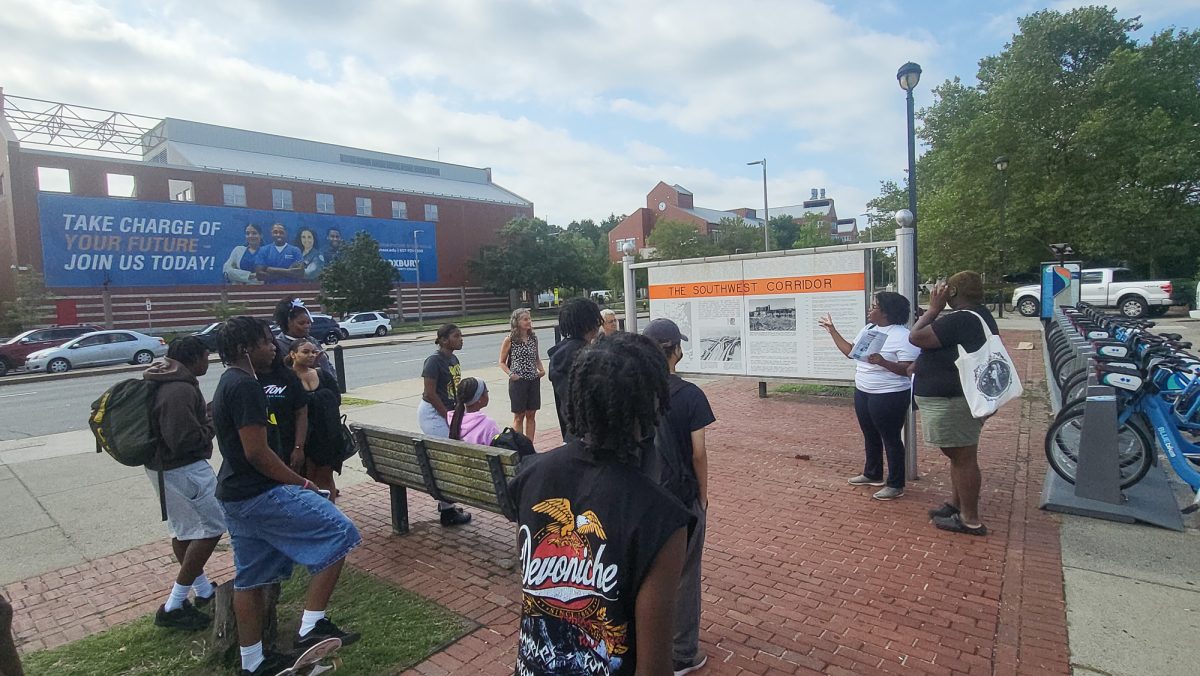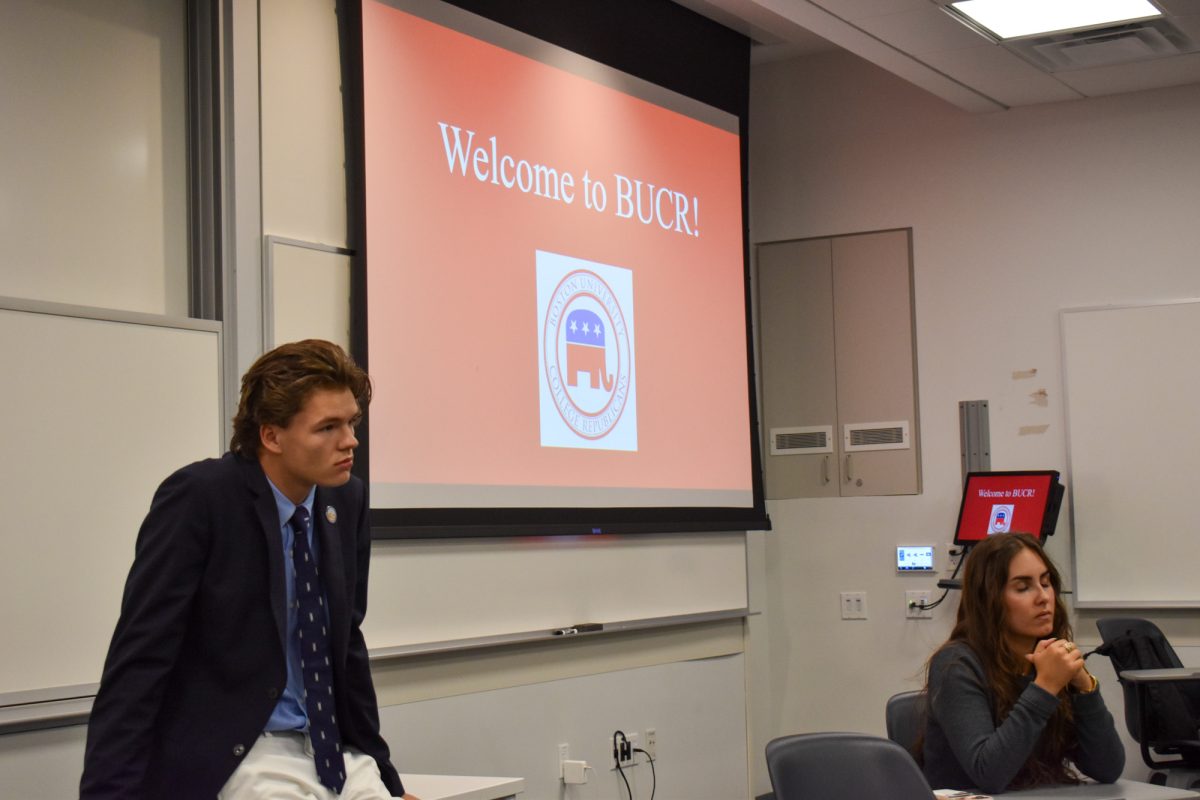The Centers for Disease Control and Prevention, a division of the U.S. Department of Health and Human Services, has long been a trusted source of vaccine recommendations and policy. However, over the last several weeks, a series of changes have made many skeptical of the agency.
Robert F. Kennedy Jr., secretary of HHS, fired CDC Director Susan Monarez in August after she challenged his orders to fire scientists and sign off on vaccine policies prior to reviewing their respective research studies.
Earlier this year, Kennedy fired all 17 members of the Advisory Committee on Immunization Practices, a federal advisory committee that provides evidence-based recommendations on vaccine use for U.S. citizens. Kennedy has appointed 12 new members as of Sept. 15.
Matthew Motta, an associate professor at the Boston University School of Public Health, said it appears Kennedy made these decisions to align health policy with his political views instead of basing them on a scientific consensus.
“[The new ACIP members] are certainly people who share Kennedy’s views about the science, and Kennedy believes very strongly that his views represent the best available science,” Motta said.
Timothy Callaghan, associate professor at SPH, said people traditionally look to the CDC for public health advice.
If the CDC begins to provide inaccurate information, Callaghan noted, there will be a decrease in public trust. This may lead people to rely on alternative sources of information, such as social media influencers, he said.
Motta said public confusion will make fighting infectious disease threats more difficult.
“There are plenty of Americans who right now would love to get an updated COVID-19 shot, who aren’t sure that they’ll be able to because pharmacies aren’t sure that they should have this vaccine on hand, and they’re not sure if their insurers will ultimately pay for it,” he said.
Various states have begun implementing their own guidelines in response, Motta said.
For instance, Massachusetts Gov. Maura Healey announced Sept. 4 that states across New England and the Northeast will collaborate to adopt the evidence-based approach the federal government has stepped away from.
“We’ve never seen states break from the CDC en masse in the way that they are right now,” Motta said. “This, to me, is something that is very new.”
Although the consequences from the splintering of vaccine policy are unknown, Motta predicted vaccination rates could lower in coming years.
However, he said Massachusetts’ autonomy from CDC guidelines protects its residents from federal changes.
Callaghan recommended that those living in Massachusetts refer to local experts for advice on the prevention of infectious diseases.
“We have some of the world’s most prominent experts in immunology and vaccine science, in infectious disease control, living right here,” he said. “Listening to those experts who are knowledgeable about keeping us safe and keeping us healthy here at home would be a smart practice.”
Motta and Callaghan are the co-directors of the Politics and Health Lab, a research group dedicated to tracking and stopping the politicization of public health.
Callaghan said the lab has found that vaccine skepticism at the CDC is part of a trend of anti-vaccine sentiment and legislation following the COVID-19 pandemic.
“We’ve seen a massive growth in political polarization in this country over the past several decades,” he said. “And in the past five to ten years, it has culminated in not just influencing politics but influencing health.”
Sophomore Neveah Robles said she feels there needs to be more of a separation between politics and science.
“Politics is more of an opinion on what people want,” she said. “Science is proving whether a vaccination is actually helpful.”
For such a separation to occur, Motta said politicians — regardless of their partisan status — need to show they agree on the science of how to prevent and counter disease.
“If policymakers will only start to make more of an effort to show themselves taking action to protect all of us, then I think the public will follow suit,” he said.


























































































































